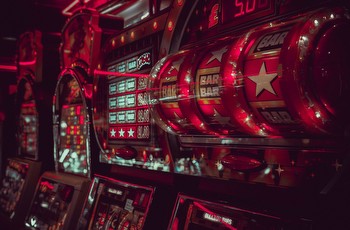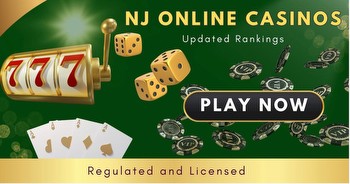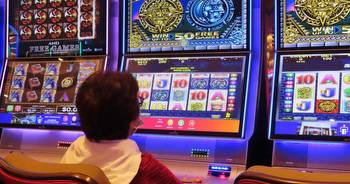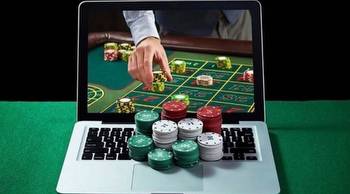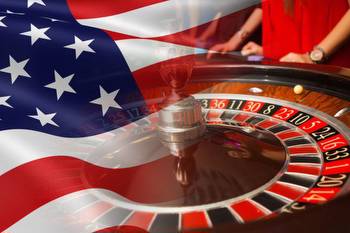How New Jersey's Long-Standing Adoption of Gaming Has Helped Development Within the Garden State

Revenue generated from the gaming industry within New Jersey (also known as the Garden State) has massively helped with the growth and development of the state. Online gaming, in particular, has produced billions of dollars of economic output that has helped fund several major social projects, as well as generate jobs, and more.
In short, New Jersey is a prime example of how a state can use online gaming revenue and the money earned from land-based gaming venues, such as hotels and casinos, to further its success and improve the lives of its residents. New Jersey continues to report a steady rise in revenue from the gambling sector on a yearly basis, and it has one of the best frameworks in place to continue exceeding expectations for the foreseeable future.
A brief history of gaming in the Garden State
The authorities and the people living in the Garden State have always taken a fairly liberal approach towards almost all of the major forms of gambling (e.g., horse racing, off-track betting, lottery, casino gambling (slots, table & card games), social gambling, amusement games, and charity gambling, such as raffles). Online gaming sites where you can play your favorite online popular games, place sports betting sites, play in the lottery, play bingo, and play a wide range of poker games are also permitted, and today, these sites often rank among the best casinos and sports betting sites in the world.
However, this was not always the case. For example, between 1894 and 1939, most forms of accepted gaming activities were effectively banned. Gradually, over the coming decades, certain types of gaming became more accepted, and it eventually became legal to place a wager at certain licensed land-based venues. For example, in 1976, a major change occurred when gaming at bricks-and-mortar casinos became legalized. Atlantic City in New Jersey is now regarded by many as being one of the world's largest gambling cities.
New online gaming laws came into effect in 2013 to better regulate the ever-expanding industry, which all comes under the watchful eye of the New Jersey Division of Gaming Enforcement (NJDGE). Some of the most recent changes in law came in 2019 when the New Jersey Legislature passed a bill to allow several other major betting forms at state-licensed sites. These newly licensed operators could only aim their trade at New Jersey-based residents aged 21 or over.
What are some of the best sites for New Jersey residents?
Arguably the best online casino in New Jersey to have obtained a license from the regulator is Golden Nugget Casino, followed closely by SugarHouse Casino, Borgata Casino, and BetMGM Casino. Other big names that are also currently licensed by the NJDGE are, in no particular order of importance, Resorts Casino, Caesars Casino, Unibet Casino, 888 Casino, and Tropicana Casino. A vast sum of revenue generated by these multi-billion dollar companies is paid to the state, which has then used this money wisely to improve New Jersey in a variety of ways.
Are these sites safe to play at?
In short, yes. New Jersey-licensed gaming sites also tend to be licensed by one or more other world-renowned licensing authorities, such as the UK Gambling Commission. The operators of such sites are heavily vetted, and their day-to-day operations are constantly monitored for fairness, security, and several other major factors. These websites are protected by the latest and most advanced Secure Socket Layer (SSL) encryption technology, which keeps your personal details, your transactions, and funds in safe hands at all times.
They also provide 24-hour, toll-free player support, and the player support agents at these websites are usually friendly and professionally trained to deal with any questions or issues that you may have or encounter as a fully registered member. It would be best to avoid playing at online casinos or other similar gaming sites that are unlicensed because you will encounter problems, such as not being paid your rightful winnings when you try to withdraw, or your personal details could end up being sold on to an unscrupulous third party.
These casinos are known as rogue casinos, and they are the worst kind of casinos. The good news is that NO online casinos that are currently licensed by the NJDGE can ever, in any way, shape, or form, be classed as a rogue casinos. You can find out more about exactly who is licensed by the NJDGE by visiting the official New Jersey Division of Gaming Enforcement government agency website.
(Devdiscourse's journalists were not involved in the production of this article. The facts and opinions appearing in the article do not reflect the views of Devdiscourse and Devdiscourse does not claim any responsibility for the same.)








